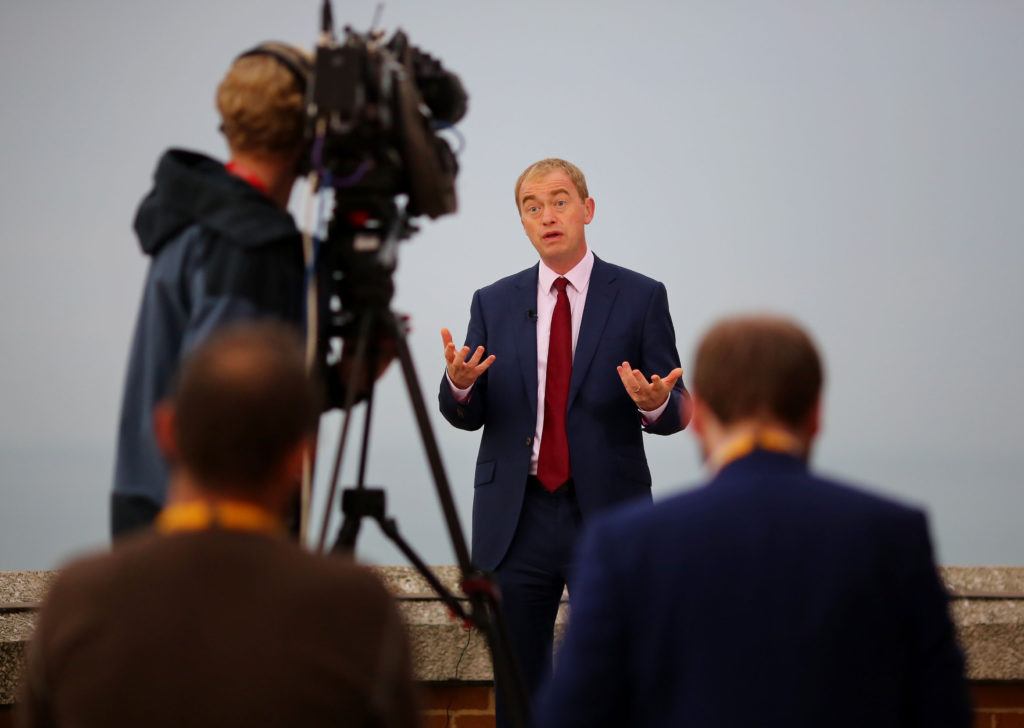Credit: Carlo Speranza, Getty Images
You stand for public office, you face difficult questions. It’s part of the deal. But when politicians like Britain’s Tim Farron or candidates for public appointment like US lawyer Professor Amy Coney Barrett are faced with questions about religious doctrine, one might assume that giving a traditionalist answer would effectively end their career.
Or, in Barrett’s case, stymie her progress before she had even reached public office. Earlier this month, Senator Feinstein expressed concern in a hearing that federal appellate-court nominee Barrett may not be able to uphold Supreme Court precedent relating to Roe vs Wade because ‘the dogma lives loudly within you’.
Certainly, Farron directly attributed his resignation as leader of the UK’s Liberal Democrats to feeling as though he was ‘the subject of suspicion because of what I believe and who my faith is in’. Critics of his explanation have, however, suggested his failure to capture more of the 48% of voters who supported ‘Remain’ in the EU referendum and therefore delivered a smaller increase in Lib Dem MPs at the 2017 General Election than some of his colleagues had hoped, were also a factor.
It was no secret that Farron was a Christian. While he longer wore an Ichthus (fish) symbol in his lapel – a sign of belief popular with evangelicals, in particular – as he did during his early years in parliament, he spoke passionately at various events about the ways his faith informed his values and politics. But when it came to answering questions about some of his personal beliefs, he struggled. Under sustained questioning, with the same questions being repeated by the same interviewer in a single encounter but also by multiple journalists, it became clear that backing his party’s liberal policy positions on abortion and gay rights was not enough. Interviewers wanted to know his private views, too. ‘Did he, in particular, think homosexuality was a sin?’ The question he was originally asked about his policy on certain issues quickly turned to his religious belief and became a freedom of conscience issue.
Fringe events at this week’s Lib Dem conference will reference the dilemma Farron expressed in his resignation – ‘we are kidding ourselves if we think we yet live in a tolerant, liberal society’. I’m speaking at one of them, which will consider whether there is room for faith in liberalism. Given the current level of Lib Dem representation in the House of Commons, perhaps it’s more salient to consider how voters respond to politicians’ views on these issues.
What do voters think?
To test public response to some of the underlying questions of freedom of expression, we asked 1,001 adults in Britain which of these statements came closest to their own view:

 Main Edition
Main Edition US
US FR
FR







Join the discussion
Join like minded readers that support our journalism by becoming a paid subscriber
To join the discussion in the comments, become a paid subscriber.
Join like minded readers that support our journalism, read unlimited articles and enjoy other subscriber-only benefits.
Subscribe